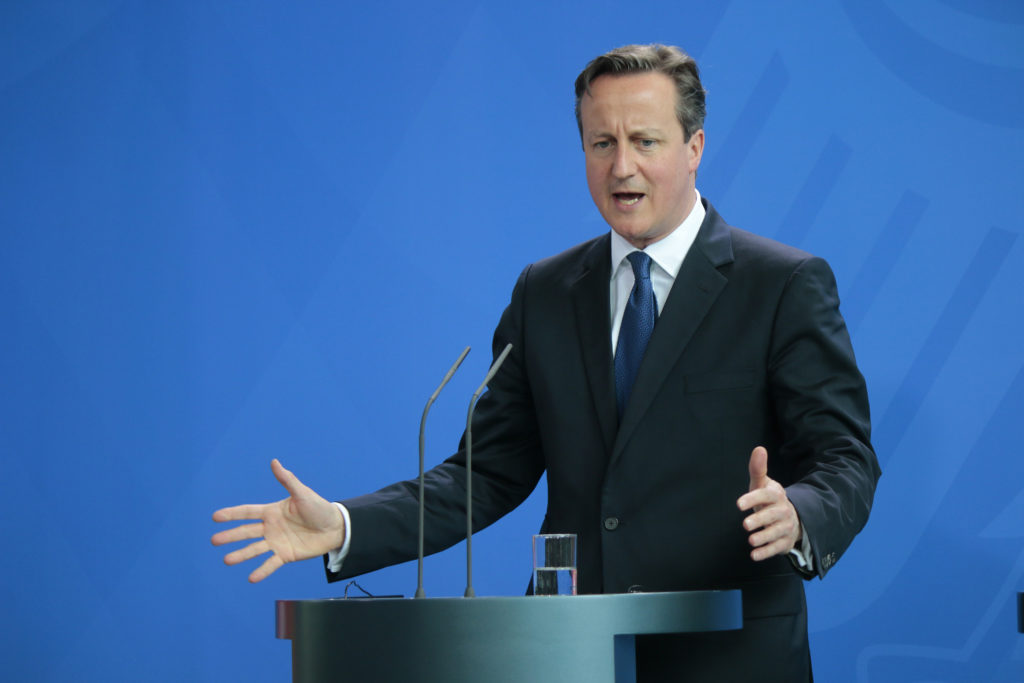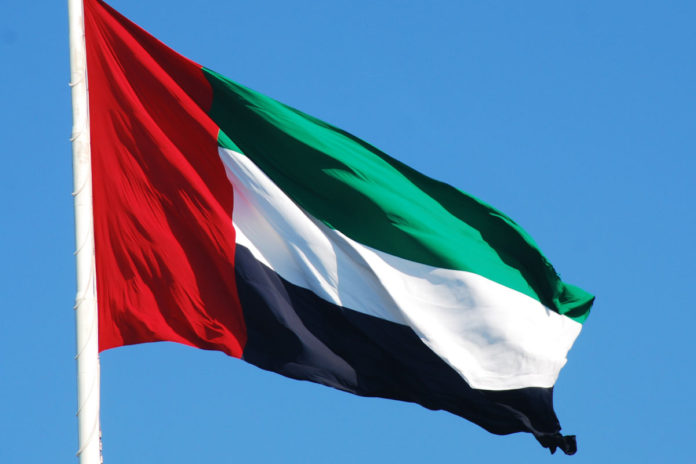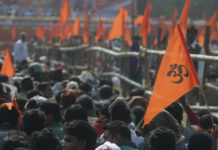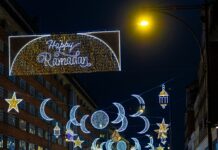The United Arab Emirates has added 11 individuals and eight UK-based entities to its “terror list” over alleged Muslim Brotherhood ties.
According to Emirati media, the UK-based organisations added to the list include a mix of educational, charitable and community-focused institutions:
- Cambridge Education and Training Centre Ltd
- IMA6INE Ltd
- Wembley Tree Ltd
- Waslaforall
- Future Graduates Ltd
- Yas for Investment and Real Estate
- Holdco UK Properties Limited
- Nafel Capital
The following people have also been added to the list:
- Yousef Hassan Ahmed Al-Mulla – Current nationality: Sweden, previous nationality: Liberia
- Saeed Khadim Ahmed bin Touq Al Marri – Turkey/UAE
- Ibrahim Ahmed Ibrahim Ali Al Hammadi – Sweden/UAE
- Ilham Abdullah Ahmed Al Hashimi – UAE
- Jasem Rashid Khalfan Rashid Al Shamsi – UAE
- Khaled Obaid Yousuf Buatabh Al Zaabi – UAE
- Abdulrahman Hassan Munif Abdullah Hassan Al Jabri – UAE
- Humaid Abdullah Abdulrahman Al Jarman Al Nuaimi – UAE
- Abdulrahman Omar Salem Bajbair Al Hadrami – Yemen
- Ali Hassan Ali Hussein Al Hammadi – UAE
- Mohammed Ali Hassan Ali Al Hammadi – UAE
None of these groups and individuals are banned in the UK nor classified as terrorist organisations under British law. Neither are they suspected of wrongdoing of any sort.
The Muslim Brotherhood
The relationship between the Muslim Brotherhood and the United Arab Emirates has historically been marked by significant tension and conflict, rooted in ideological and political differences.
The relationship deteriorated significantly in the 1990s when the UAE began viewing the Muslim Brotherhood as a threat to national stability.
Subscribe to our newsletter and stay updated on the latest news and updates from around the Muslim world!
This perception intensified post-2011, following the Arab Spring uprisings. The UAE took decisive action against the group, particularly after allegations surfaced that Al-Islah (the local Muslim brotherhood branch) was attempting to infiltrate state institutions and establish an Islamist state.
In 2014, the UAE officially designated the Muslim Brotherhood as a terrorist organisation This move was part of a broader strategy to combat political Islam, which the UAE sees as incompatible with its political system and a potential source of instability.
There have been several high-profile trials in the UAE involving people accused of ties to the Muslim Brotherhood. For instance, in 2013, a trial commenced for 94 individuals accused of plotting a coup with the aim of establishing an Islamist state.

The UAE has also been involved in international efforts to designate the Muslim Brotherhood as a terrorist organisation.
In 2014 it persuaded PM David Cameron to launch a review into the Muslim Brotherhood, aimed at understanding the organisation’s philosophy, activities and influence on UK national interests both domestically and internationally.
The review concluded that aspects of the Muslim Brotherhood’s ideology and activities run counter to British values like democracy, the rule of law, individual liberty, equality and mutual respect and tolerance of different faiths and beliefs.
The review suggested a “highly ambiguous relationship” between parts of the Muslim Brotherhood and violent extremism, although it did not find direct links to terrorism in the UK.
Although there were calls from some quarters for the UK to ban the Muslim Brotherhood, Cameron decided against it, instead stating that membership, association, or influence by the Muslim Brotherhood should be considered a “possible indicator of extremism.”
Muslim Brotherhood reaction
The Muslim Brotherhood has condemned the UAE’s crackdown on its members and affiliates, particularly the Al-Islah group, which is seen as the UAE branch of the Brotherhood.
They have described these actions as oppressive, accusing the UAE government of human rights violations, including arbitrary arrests, unfair trials, and the revocation of citizenship for alleged Brotherhood members.
They assert that the UAE’s actions against them are politically motivated, aimed at suppressing political Islam and any form of dissent.
The Brotherhood claims that the UAE’s designation of the group as a terrorist organisation is part of a broader campaign to delegitimise Islamist movements and to silence voices calling for political reform or democracy.























